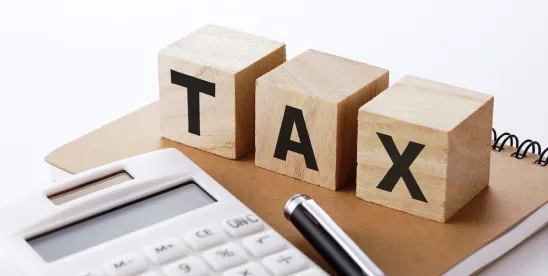Yesterday, the House Ways and Means Committee released a package of tax provisions (the “Bill”) (which may be found here) that includes claw backs of certain provisions of the Inflation Reduction Act. Note that this Bill is a draft only, has not been passed by the House or the Senate (or any committee thereof), or signed by the President, all of which would need to occur before the Bill becomes law. The provisions described below are therefore subject to change and may not become law at all. However, the Bill provides some insight on how House Republicans are thinking about amending current energy-related tax credits.
The Bill includes accelerated phaseouts for the clean electricity investment credit under Section 48E, the clean electricity production credit under Section 45Y, and the advanced manufacturing production tax credit under Section 45X. For the credits available under Sections 48E and 45Y (which this year replaced the old ITC and PTC, respectively), the phaseout would begin for otherwise eligible projects that are placed in service starting in 2029, which is at least a few years before these credits are set to phase out under current law. In the Bill, these credits would phase down to 80% of the current credit level for projects placed in service in 2029, 60% for those placed in service in 2030, 40% for those placed in service in 2031, and 0% for those placed in service in 2032 and beyond. For the Section 45X advanced manufacturing production tax credit, the phaseout in the draft Bill would begin one year earlier than under current law, except that the Bill would make ineligible any wind energy components sold after December 31, 2027. Separately, the Bill would terminate the Section 45V clean hydrogen production tax credit for facilities on which construction does not begin by December 31, 2025.
The Bill would also repeal transferability for the clean electricity investment credit under Section 48E, the clean electricity production credit under Section 45Y, and the advanced manufacturing production tax credit under Section 45X under Section 6418, as well as other credits, but that repeal would not take effect for several years.
Finally, the Bill contains new restrictions on energy tax credits apparently aimed at limiting certain foreign entities from taking advantage of the value of these credits.





 />i
/>i

